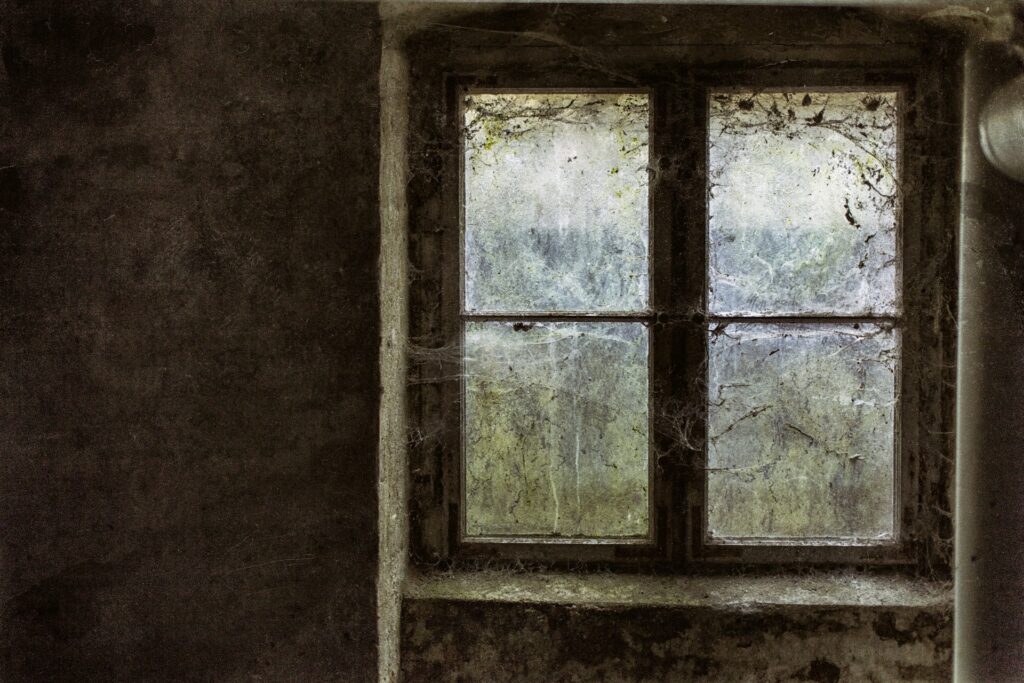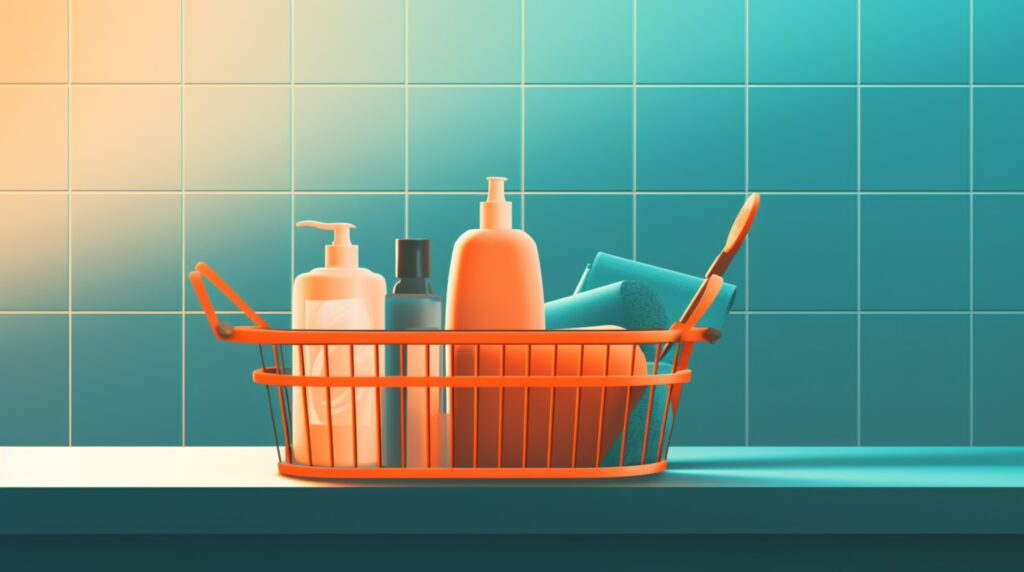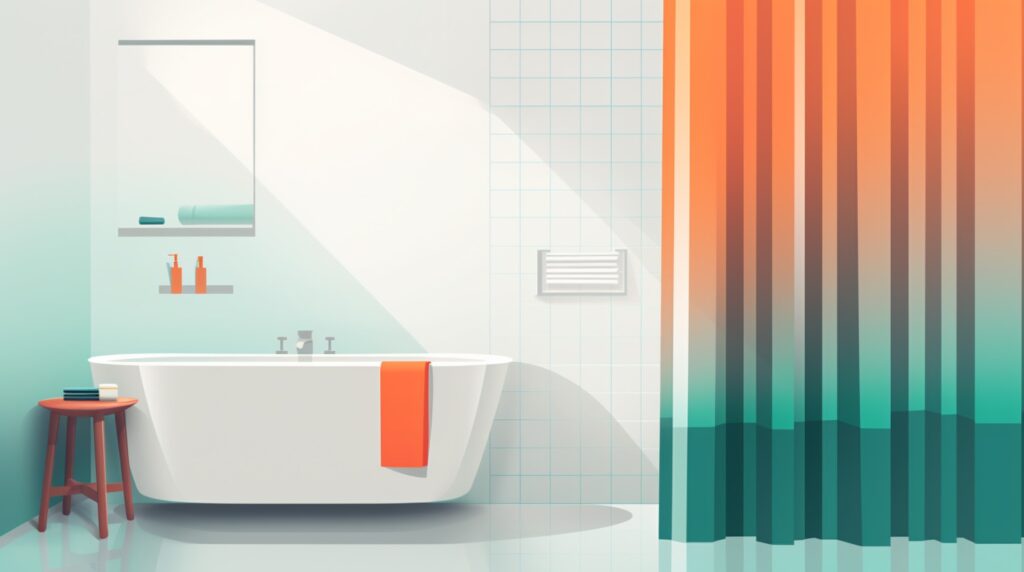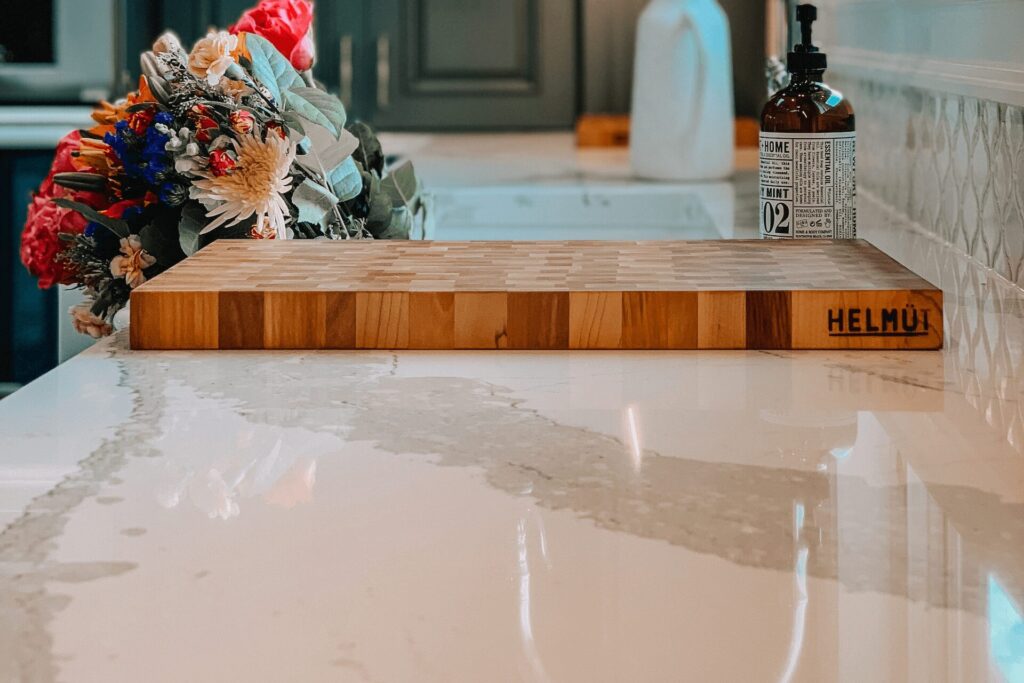
We are reader-supported. When you buy through links on our site, we may earn an affiliate commission.
Having a swimming pool is both a luxury and a lot of hard work. Keeping your family and friends happy and healthy means keeping your pool safe for every swim. Here is how to maintain your swimming pool this summer.
The Structure
Before you jump in this season, make sure the surface of your pool is intact. You don’t want a hole or scratched liner to create a leak or injury risk. Clean the liner with a sponge mop or brush tool to remove any build up dirt and grime.
Rinse off your pool’s cover to prevent debris from falling into the water and scratching your clean cover. As you clean the pool, check for any rips in the liner or cracks in the concrete. These can scratch someone when they swim and cause an infection. It also compromises the structure of the pool, which could lead to crumbling.
There are ways to patch walls and liners so that they are safe once again. Once a decade, replace your liner with a new one as its effectiveness reduces.
It’s also important to ensure that the walkway, stairs and ladders are sturdy and unobstructed before swimming.
Algae
Algae is a common issue for many pools and it is important to manage the problem before it begins or you will have a mess on your hands. The plant can cause long term problems for your pool’s structure and filter and can collect on the water.
There are different formulations on the market, with many having a carbon base.
Calcium Hardness
The calcium hardness level is the amount of calcium build-up in your water. It should be no fewer than 175 and no higher than 225 parts per million.
If it is too high, the water will get cloudy and debris will build up around your pumps and filters. However, a too-low level can lead to soft water damage.
Connectors
Regularly examine all of your pool’s connectors. Having loose bolts could cause the pool to come apart while too-tight bolts can cause cracking.
Your pool’s manual should list all of its connections, and is good to consult to ensure you do not miss anything. If something is loose, missing or showing damage, no one should swim until you make repairs.
The Water
Your water is the pool’s main feature and you need to ensure it is safe for anyone who wants to enjoy it.
Chemicals
Chlorine and bromine are chemical treatments that help your guests avoid illness and infection. While chlorine is the most popular choice, both have their advantages. It kills bacteria more quickly for a shorter time while bromine kills bacteria over a longer time period.
Both chemicals should be around three parts per million (ppm). If they begin to smell strongly or cause irritation, the level is too high. It’s important to test the pool each day and adjust as needed. If you end up with high levels, drain some of the water and replace it with fresh.
Shock
“Shock” is a mixture of chemicals you can add to your pool to increase your sanitizer’s effectiveness. You can do it around once a week.
The goal of shock is to raise the free chlorine level in the pool. The ideal range is between two and four parts per million.
The manufacturer should list instructions on their packing for the recommended time to run your filter after adding shock. Test your levels before and after adding shock to ensure your levels are safe and effective.
PH
The potential of hydrogen (PH) is your pool’s acidity.
A safe PH level is between 7.2 and 7.8. Anything higher decreases your sanitizer’s effectiveness. If it’s lower than 7.2, it could damage your skin or eyes.
The Surface
One of the most obvious cleaning issues you notice with pools is surface debris. Leaves, bugs and other items can flow through the wind and land on your water surface.
A skimmer is an essential pool maintenance item used to take out both large and small items that find their way into your pool. Skimming the pool daily can prevent particles from clogging your filter or embedding into the sides of the pool.
It also eliminates the safety risk of debris getting in someone’s eyes or mouth while swimming.
The Circulation
This water circulation is necessary to prevent algae and bacteria growth.
Filter
Run your filter for around eight hours every day whether or not you swim in it. At least once a month, clean it to clear any debris that’s collected in it.
Whether you have a diatomaceous earth (D.E.), sand or cartridge filter, always depressurize it first.
- Sand – Backwash your sand filter to clean it. After doing it once, pump your cleaner through it. Then, backwash it again.
- Diatomaceous earth – Rinse a D.E. filter after an initial backwash and manifold removal. Add fresh D.E. powder once it is clean.
- Cartridge – With a cartridge filter, simply clean and replace the cartridge.
Inspect your filter regularly to make sure everything is working well. A bad connection or clog will damage your pool and can make the water unsanitary.
Benefits of Having a Pool
With this work, it might seem like having a pool is not worth it but for many, that’s not true. There are many advantages to having a pool whether you keep it open in the summer or year-round.
A pool is relaxing, with the sight and sound of water having a positive effect on most people’s mental health. It can also make you feel like you are on vacation at home.
Pools are excellent on your joints and create many great low-impact exercise opportunities. With proper safety precautions, kids and adults at any age can enjoy a swim. A pool is a great way to cool off on a hot day and make the most of your outdoor area.
Why You Need to Keep Up With Your Swimming Pool
Throughout the year, you should keep up with your pool in order to be able to swim whenever you want safely. Poor chemical levels could cause adverse health effects.
An overlooked structure could lead to someone getting hurt or the pool itself becoming unusable. When you ensure your pool’s structure is strong, you can prevent unnecessary injuries and headaches.
Maintaining Your Swimming Pool
By performing these tasks, you and your loved ones can enjoy your pool all season.










